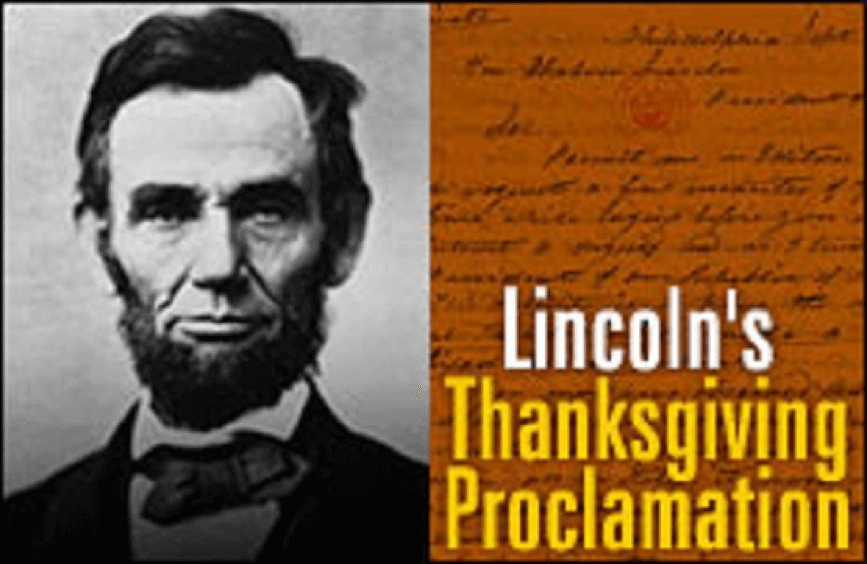Even though it has not been recognized as a national federal holiday yet, Juneteenth is widely celebrated all over the United States. Its prominence, especially among African Americans, is based on their freedoms and achievements since June 19, 1865.
On that day, Major General Gordon Granger landed on the coast at Galveston, Texas and announced General Order #3 that the enslaved were free. Juneteenth was born, with the name derived from combining the month of June and the 19th day. It is reported that Texas had about 250,000 slaves at the time, since many slave owners from Confederate states had moved there. The Civil War had already ended but masters were still reluctant to free the enslaved.
In her essay Juneteenth: Emancipation and Memory, writer Elizabeth Hayes Turner describes what one heir to the Juneteenth celebration said:
The way it was explained to me, the 19th of June wasn’t the exact day the Negro was freed. But that’s the day they told them that they was free … And my daddy told me that they whooped and hollered and bored holes in trees with augers and stopped it up with [gun] powder and light and that would be their blast for the celebration.
Historian Henry Louis Gates, Jr. wrote a very informative article entitled What is Juneteenth? which is available at PBS’s website. The celebration started off slowly, declined, and then resurged during the Civil Rights movement. It has gained momentum over many years. 42 states and the District of Columbia now celebrate that day as a holiday and celebrations are held all over the world as well.
At the website, Juneteenth.com, founder Clifford Robinson states:
Juneteenth today, celebrates African American freedom and achievement, while encouraging continuous self-development and respect for all cultures. As it takes on a more national, symbolic and even global perspective, the events of 1865 in Texas are not forgotten, for all of the roots tie back to this fertile soil from which a national day of pride is growing.
There are many children’s books about Juneteenth and famous people in our history. Encourage your children to learn more about this important day.
Please visit the following links for more information:



